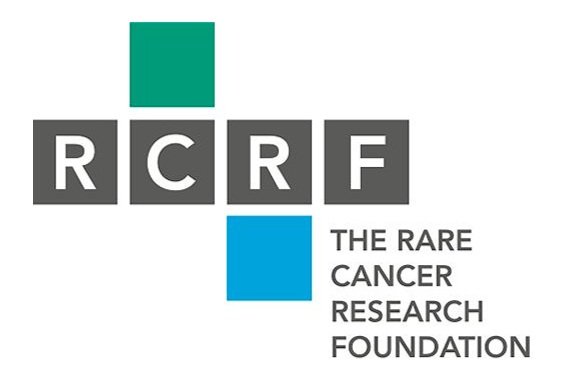Breakthrough in Rare Kidney Cancer Research: A New Study by MD Anderson Cancer Center’s Dr. Pavlos Msaouel Opens the Door to Biomarker Blood Test for Rare Cancer
Microscopy image of CA-125 expression. Credit: Laboratory of Dr. Pavlos Msaouel.
A First for Rare Kidney Cancer - Team Identifies First Relevant Biomarker
Dr. Pavlos Msaouel and his team at The University of Texas MD Anderson Cancer Center have identified the protein CA-125 as the first clinically relevant biomarker for renal medullary carcinoma (RMC), a rare and aggressive form of kidney cancer. RMC primarily affects young individuals of African descent who carry the sickle cell trait, a condition where individuals inherit one copy of a gene that causes misshapen blood cells. Because less than 100 people are diagnosed annually with RMC globally, research to understand and treat the disease is challenging. However, Dr. Msaouel's team was able to track 47 RMC patients prospectively over three years - an extraordinary accomplishment for such a rare condition.
"When you’re dealing with a cancer like RMC,” Dr. Msaouel explains, “a comprehensive, multidisciplinary approach and early intervention can be crucial. CA-125 can help us detect changes in the disease earlier and refine our treatment strategies, ultimately giving us more precise tools to combat this particularly aggressive form of kidney cancer.”
The landmark study, published in AACR’s Clinical Cancer Research, is particularly noteworthy because, despite decades of kidney cancer research, there were previously no reliable or widely available blood-based biomarkers for disease monitoring. Dr. Msaouel and his team found that the gene MUC16, which leads to the production of the protein CA-125, was elevated in RMC tissue samples. The team went on to test the protein levels of CA-125 in RMC and found that the CA-125 levels were elevated in 66% of the patient samples, and were positively correlated with the metastatic tumor burden of patients. CA-125, a previously known biomarker in ovarian cancer, can easily be measured with a simple and widely available blood test - enabling the detection and surveillance of RMC via blood test.
Further investigation of RMC cell lines by the researchers found that the gene SMARCB1, a tumor suppressor that is known to be mutated or lost in several rare solid tumors, affects CA-125 protein levels. This finding is particularly intriguing because it suggests that CA-125 may be an applicable biomarker in other rare cancers with SMARCB1 loss.
Collaboration as the Cornerstone
Dr. Msaouel's team utilizes resources provided through MD Anderson's Therapeutics Discovery division platform, which enables the study of cancer models created from the generous donations of tumor tissue from patients. Collaboration is the key to success in rare cancer research, a field where available tumor tissue and model systems are lacking, creating barriers to discovery.
Dr. Msaouel's work represents exactly the kind of research paradigm that RCRF aims to foster across all rare cancers. Leveraging the research network supported by RCRF, V-Foundation, and other collaborative partners, and building upon previous knowledge of CA-125 and SMARCB1, Dr. Msaouel’s team has demonstrated that targeted research can yield significant results that may impact several rare cancer types.
This approach aligns perfectly with RCRF's vision for its biobank and future data commons. Through RCRF’s Pattern.org, RCRF helps patients donate vital tumor tissue samples to researchers studying rare cancers, creating pathways for discoveries like Dr. Msaouel's. As our biobank grows, it will become an increasingly valuable resource for validating studies like this one across a variety of rare cancer types.
"This is the kind of work that helps prove research in rare cancers can be done effectively, and shows how advances in one rare cancer can help others," notes Katie Coleman, a contract software engineer with RCRF and rare kidney cancer survivor. "Through a comprehensive data commons, researchers could potentially look across cancers for those with similar genetic characteristics, like SMARCB1 loss or high MUC16 expression, and identify other rare cancers that might benefit from similar biomarker studies."
Looking Ahead
As we celebrate this milestone in RMC research, we're reminded of the broader implications for all rare cancers. RCRF remains committed to supporting innovative research approaches across rare cancer types, with initiatives like Pattern.org playing a crucial role in connecting patients' donated samples with researchers who can make discoveries like these possible.
The identification of CA-125 as a biomarker for RMC demonstrates that progress in even the rarest cancers is achievable with dedication, collaboration, and innovative research methods. By applying these principles to work in other rare cancers, we can continue to accelerate progress and make strides toward better outcomes for all rare cancer patients.
Learn more about RCRF's mission at rarecancer.org or contact us at info@rarecancer.org

